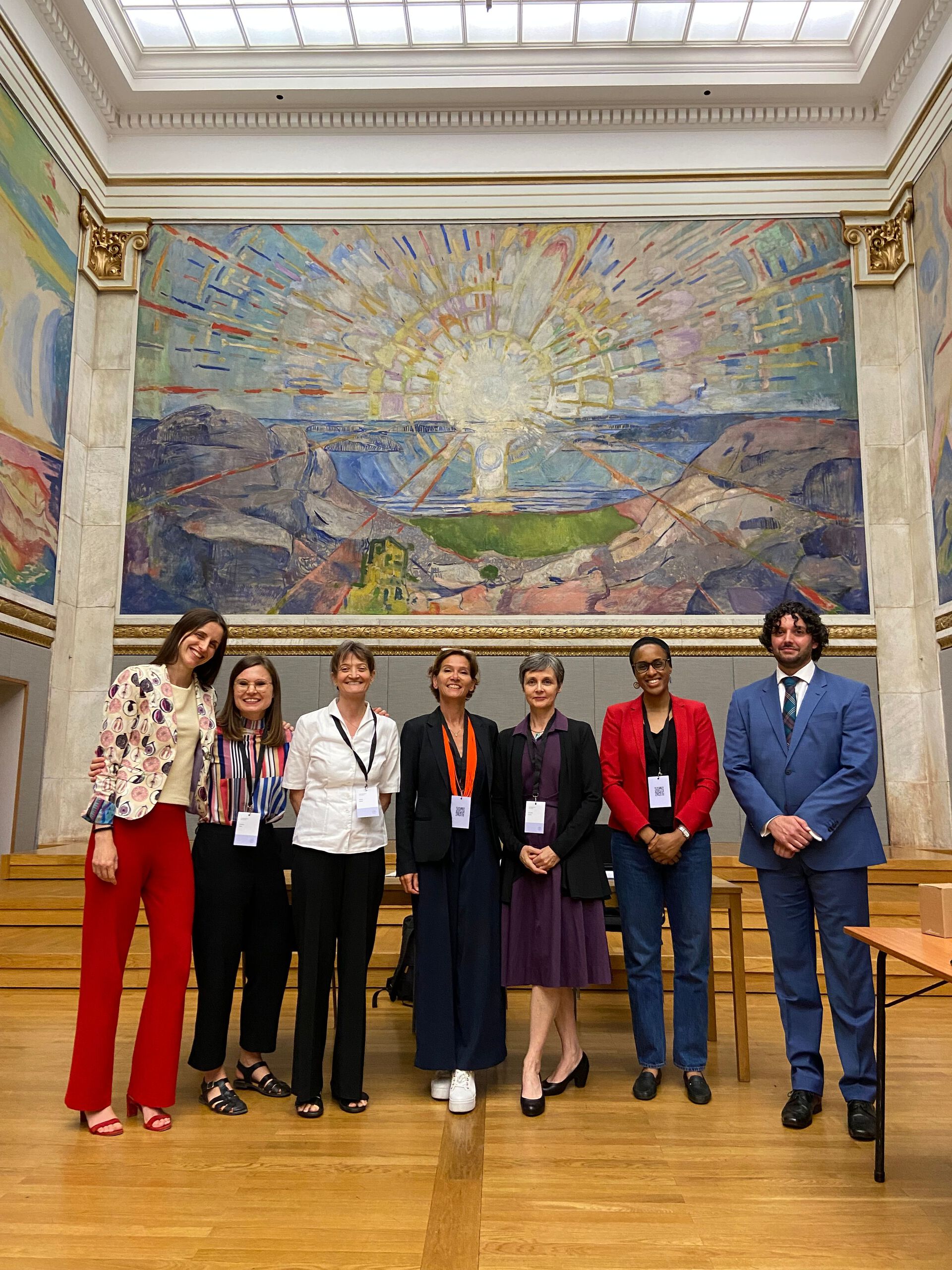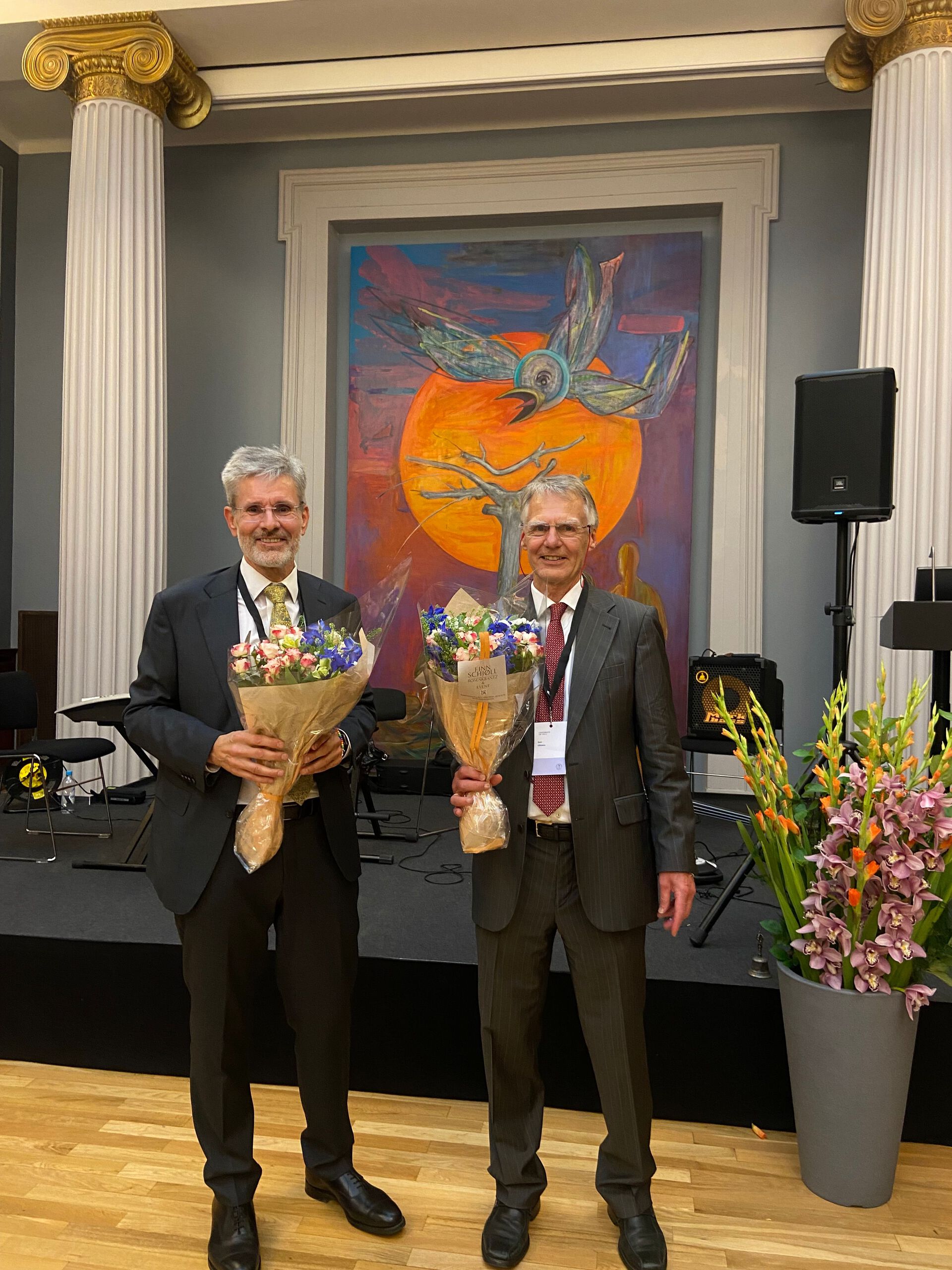PluriCourts Centre of Excellency was established in 2013 with funding from the Research Council of Norway. Over the past decade, the centre has studied the legitimacy of international courts and tribunals (ICs) from legal, political science and philosophical perspectives. It has explored the normative, legal and empirical soundness of the growing number of charges of illegitimacy, to understand and assess how ICs do, could and should respond.
PluriCourts Concluding Conference
As PluriCourts' ten-years mandate is coming to a closure, a long list of alumni, affiliated scholars and special guests were invited to take part in PluriCourts Concluding Conference which was held 14 – 16 June.
The conference began with an opening ceremony in the University Aula with speeches held by the center leaders Andreas Føllesdal and Geir Ulfstein and the dean of the faculty of law, Ragnhild Hennum. The following days consisted of several celebratory events, panels and discussions around the legitimacy of international courts and tribunals (ICs) from a legal, political scientist and philosophical perspective.
The theme of the panels were as follows:
- Panel on the Margin of Appreciation
- Panel on Design Choices and their Consequences
- Panel on Arbitration
- Panel on Compliance Mechanisms
- Panel on Diversity and Identity on the International Bench
- Panel on Compliance Politics
- Panel on Multidisciplinary Lessons
Moot court on a hypothetical climate case
One of the main events was a moot court on a hypothetical climate case which was organised together with the Department's thematic group on climate law. The case included the fictional state ‘Benzenia’, an industrial country with oil as its main economic income, and ‘Forestania’, a state with large lands of forest and high deforestation figures. Due to disagreements concerning climate challenges, Benzenia took the matter to The International Court of Justice. The case was discussed by two panels consisting of Nataša Nedeski, Corina Heri, Tom Sparks and Yusra Suedi. The judicial panel consisted of Helen Keller, Christina Voigt and Caroline Foster. The case raised many important issues and fostered fruitful discussions.

A big thank you
As part of the concluding conference, PluriCourts wanted to offer a big thank you to all who helped us and contributed to our research and achievements over the past decade. Even though PluriCourts’ time is coming to an end in 2023, our work and legacy will continue to live on. Studying the legitimacy of international courts and tribunals is as important now as ever. Our aim is that our legacy can contribute to the production of new research on how ICs do, could and should respond to the growing number of charges of illegitimacy. More information about PluriCourts’ legacy will be published soon.

